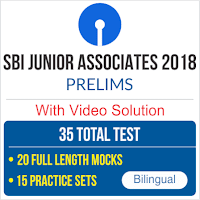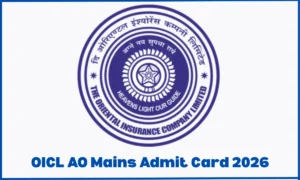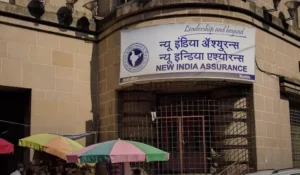Q.1. Playing the role of ____________ requires designing and delivering efficient and effective HR systems, processes, and practices.
(a) Administrative Agent
(b) Change Agent
(c) Strategic Partner
(d) Employee Advocate
(e) Commercial agent
Q.2.Career planning is necessary to achieve the following objectives except :
(a) To attract competent person and to retain them in the organisation
(b) To maintain inventory of skills and potentials available within an organisation
(c) To correct mistakes in employee placement
(d) To maintain age balance while employees taking up the career path
(e) To increase the utilisation of managerial reserves within an organisation
Q.3.Which of the following do not happen in quality circle meeting—
(a) Identifying a theme or problem to work on
(b) Analysing problems
(c) Changing existing organisational structure or chain of command
(d) Preparing recommendations for implementing solutions
(e) Follow up of implementation of suggestion
Q.4. Sound industrial relations can lead to the following benefits except —
(a) Industrial peace
(b) Higher productivity
(c) Industrial Bureaucracy
(d) Collective Bargaining
(e) Facilitation of change
Q5. Which or the following is not function of Indian labour conference (ILC).
(a) to promote uniformity in labour legislation
(b) to suggest ways and means to prevent disputes
(c) to lay down procedure for the settlement of industrial disputes
(d) to discuss matters of all-India importance as between employer and employee
(e) to allow workers to be consulted and have their say in the management of unit
Q6. In …………….. bargaining issues related to economic benefits are discussed
(a) Conjunctive
(b) Co-operative
(c) Productivity
(d) Composite
(e) Integrative
Q7. Following are limitation of job evalutation except —
(a) Job evaluation lacks scientific precision
(b) Job evaluation tends to be inflexible
(c) Job evaluation is seen suspiciously by trade union
(d) Job evaluation determine wage rate based on subjective evaluation
(e) Job evaluation presumes that job of equal worth will be equally attractive to the employees
Q8. The transfer which facilitates the employee in acquiring a wide variety of skill is called —
(a) Displacement transfer
(b) Shift transfer
(c) Remedial transfer
(d) Versatility transfer
(e) Product transfer
Q9. Inspections by superiors and interviews for promotion usually come under
(a) Short term response stress
(b) Long-term response stress
(c) Delayed response stress
(d) None of the above
Q10. Right to compensation can’t be claimed by laid -off employee if.
(a) He is not casual, or badli worker
(b) His name is on muster roll of the establishment
(c) He has completed not less than one year of continuous services under same employer
(d) He is not present on establishment
(e) He is not on strike





 OICL AO Mains Admit Card 2026 Out at ori...
OICL AO Mains Admit Card 2026 Out at ori...
 NICL Assistant Syllabus 2026 and Exam Pa...
NICL Assistant Syllabus 2026 and Exam Pa...
 NIACL Assistant Cut Off 2026, Check Cate...
NIACL Assistant Cut Off 2026, Check Cate...









